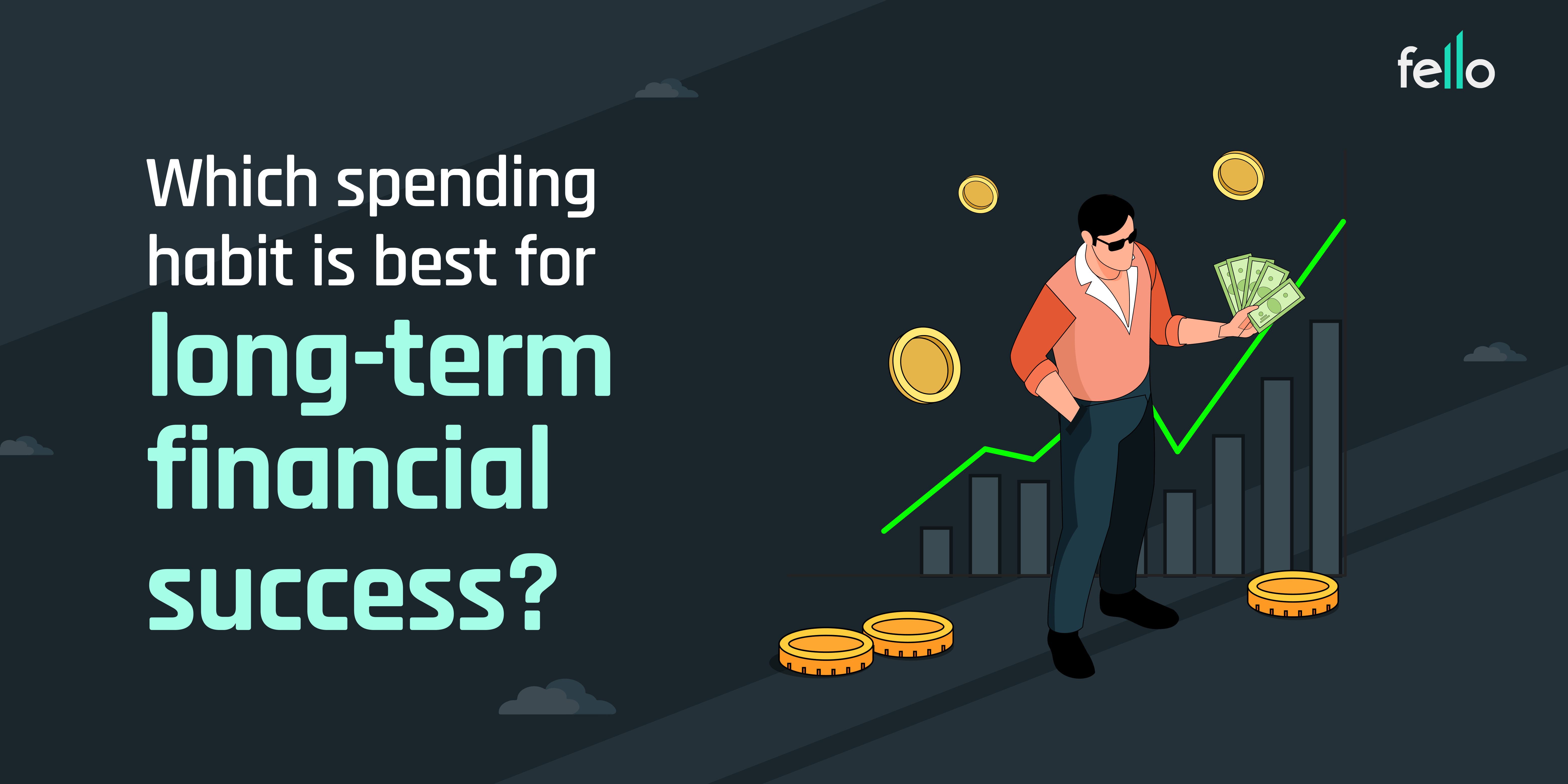When it comes to managing money, most people ask which spending habit is best for long-term financial success? The answer to this question can help us build a stable financial future and avoid unnecessary stress. Smart spending habits can make a huge difference over time. But which habit should you actually follow? Let’s explore this in simple words.
Understanding the Importance of Spending Habits
Spending habits are the daily choices we make about how we use our money. These small decisions can either build wealth or create long-term problems. Learning which spending habit is best for long-term financial success can help you save, invest, and live comfortably without always worrying about money.
Key Spending Habits That Support Long-Term Financial Success
Here are some common spending habits that many financial experts recommend:
| Spending Habit | Benefit | Long-Term Impact |
|---|---|---|
| Tracking Expenses | Helps control overspending | Builds awareness and discipline |
| Budgeting | Keeps spending within limits | Supports saving and investing |
| Delayed Gratification | Avoids impulse purchases | Grows wealth over time |
| Prioritizing Needs Over Wants | Focuses spending on essentials | Reduces debt and unnecessary costs |
| Investing Early | Grows money through compounding | Secures financial freedom |
While all of these are good habits, you may still wonder which spending habit is best for long-term success. Let’s find out.
The Power of Budgeting
Among all the habits listed, budgeting stands out as one of the most powerful. Budgeting simply means planning how much you will spend, save, and invest every month. It helps you control your money instead of letting money control you.
When you have a budget:
- You know where your money is going.
- You can avoid unnecessary spending.
- You can make space for savings and investments.
- You can manage sudden expenses better.
Budgeting is a habit that keeps you disciplined, focused, and in control for the long term. It also supports other good habits like tracking expenses and prioritizing needs.
Why Budgeting Works Best for Long-Term Success
Let’s understand this with a simple example:
Suppose you earn ₹50,000 per month. If you budget ₹20,000 for essential expenses, ₹10,000 for savings, ₹5,000 for investments, and ₹5,000 for fun, you will still have ₹10,000 left for unexpected costs or extra savings. This kind of planning keeps your money organized.
Over time, small savings and smart investments from your budget can grow into large amounts, helping you reach your long-term goals like buying a house, starting a business, or retiring early.
Other Important Spending Habits
While budgeting is very effective, other habits also matter:
- Tracking Expenses: Helps you understand your spending pattern and fix bad habits.
- Delayed Gratification: Waiting before making big purchases helps you avoid wasting money.
- Investing Early: Even small amounts invested early can grow a lot over the years.
- Prioritizing Needs: Spending on important things first helps you cut down on extra costs.
These habits work well together and support each other. But if you are searching for which spending habit is best for long-term success, budgeting remains the foundation.
Simple Tips to Build Good Spending Habits
- Always list your income and expenses.
- Use budgeting apps to track spending easily.
- Save at least 20% of your income every month.
- Avoid using credit cards for non-essential items.
- Review your budget regularly and adjust when needed.
Conclusion
So, which spending habit is best for long-term financial success? The answer is clear: budgeting. It is simple, easy to start, and helps you manage your money wisely. Budgeting supports savings, investments, and careful spending. Along with other good habits like tracking expenses and prioritizing needs, budgeting can set you on the path to long-term financial growth.
By following this habit, you can avoid money stress and build a secure financial future. Now that you know which spending habit is best for long-term financial success, it’s time to take action and start budgeting today.

